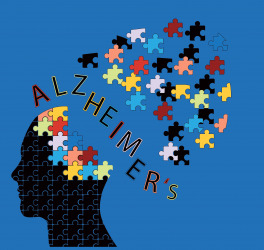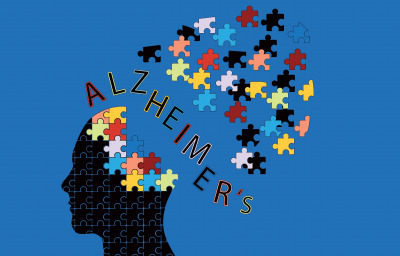
College students with physical and cognitive disabilities are more likely to abuse drugs—particularly prescription medication—than are their classmates, according to a Rutgers University study.
Students with a disability were twice as likely to have misused prescription pain relievers within the past month, according to the study, published in Disability and Health Journal.
These students were three times more likely to have abused, or become dependent on, any illicit drug within the past year, the study found.
“This may be due, in part, to these students self-medicating for pain and stress management,” said lead author Myriam Casseus, a graduate student at Rutgers School of Public Health.
The researchers reviewed about 6,200 college students who responded to the 2017 National Survey on Drug Use and Health. Some 15% of this group had a disability that affected their hearing, seeing, mobility or mental or emotional functioning.
In the sample, 40% of students with any disability reported using drugs such as marijuana, cocaine, heroin, hallucinogens, inhalants, methamphetamine, and prescription pain relievers, tranquilizers, stimulants and sedatives.
Most of the students reporting a disability had a cognitive limitation. Young adults with ADHD are more likely to abuse nicotine, alcohol, marijuana, cocaine or other substances.
Some 30% of non-disabled students reported drug use in the national survey.
“Our findings suggest that health care providers be aware of the risk of drug misuse when treating college students with disabilities, particularly when prescribing medications that may lead to abuse or dependence,” said Judith Graber, associate professor at Rutgers School of Public Health. “Also drug prevention and treatment programs should include interventions for college students with disabilities, especially cognitive.”
The American College Health Association estimates that 54% of students have a disability, including psychiatric disorders, attention deficit hyperactivity disorder, attention deficit disorder, learning disabilities and chronic illnesses like cancer, diabetes or autoimmune disorders.








